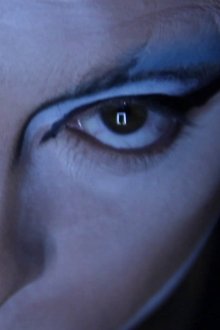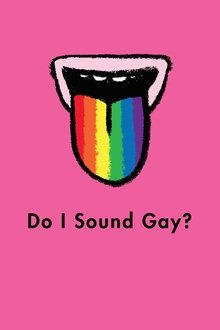Exuberant, eye-opening movie that serves up a dazzling hundred-year history of the role of gay men and lesbians have had on the silver screen. Film contains fabulous footage from 120 films showing the changing face of cinema sexuality, from cruel stereotypes to covert love to the activist triumphs of the 1990s.
Related Movies
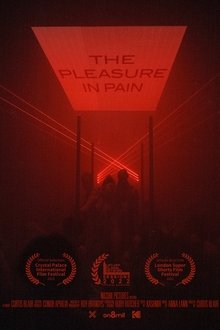
The Pleasure in Pain (2022)
A short film that follows key figures of the London kink scene on an exploration into BDSM and the notorious fetish event Klub Verboten. The film touches upon themes of psychology, trauma, LGBTQ+ rights and black representation.
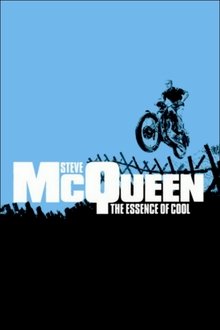
Steve McQueen: The Essence of Cool (2005)
Friends, family, co-stars and admirers of actor Steve McQueen talk about his life and his movie career.
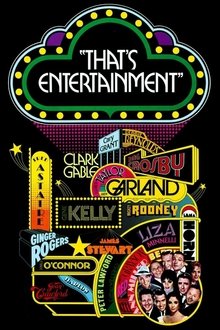
That's Entertainment! (1974)
Various MGM stars from yesterday present their favorite musical moments from the studio's 50 year history.
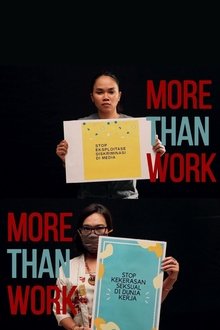
More Than Work (2019)
Tells a story about a blurry photo of a woman who works in the media industry in Indonesia. This movie has several perspectives. One point of view is of a woman who works in a media and the other is about the sexual minority, people who aren’t allowed to appear on television due to their sexuality.

Twiggy (2025)
Twiggy takes a comprehensive look at the life story of UK model and cultural icon Twiggy, real name Lesley Lawson, whose career kickstarted in the 1960s. It features interviews with Twiggy and her husband Leigh Lawson, as well as commentary from Erin O’Connor, Paul McCartney, Lulu, Poppy Delavigne, Brooke Shields, Pattie Boyd and Zandra Rhodes.
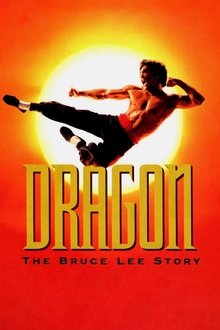
Dragon: The Bruce Lee Story (1993)
This film is a glimpse into the life, love and the unconquerable spirit of the legendary Bruce Lee. From a childhood of rigorous martial arts training, Lee realizes his dream of opening his own kung-fu school in America. Before long, he is discovered by a Hollywood producer and begins a meteoric rise to fame and an all too short reign as one the most charismatic action heroes in cinema history.
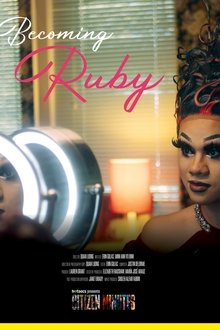
Becoming Ruby (2025)
Follow Ruby Chopstix, Canada’s first drag artist-in-residence, as they navigate the complexity of being an underrepresented drag performer while creating a special showcase to create space for other queer BIPOC performers.
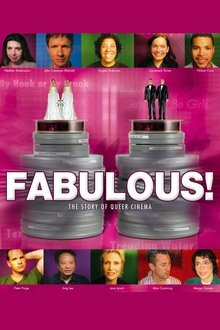
Fabulous! The Story of Queer Cinema (2006)
A chronological look at films by, for, or about gays and lesbians in the United States, from 1947 to 2005, Kenneth Anger's "Fireworks" to "Brokeback Mountain". Talking heads, anchored by critic and scholar B. Ruby Rich, are interspersed with an advancing timeline and with clips from two dozen films. The narrative groups the pictures around various firsts, movements, and triumphs: experimental films, indie films, sex on screen, outlaw culture and bad guys, lesbian lovers, films about AIDS and dying, emergence of romantic comedy, transgender films, films about diversity and various cultures, documentaries and then mainstream Hollywood drama. What might come next?
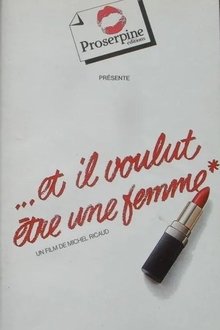
Et il voulut être une femme (1977)
A look on transvestites and transsexuals in early 80's Paris. The documentary focuses on Elisa, a Brazilian transvestite and ends with a filming of a surgical operation male to female.
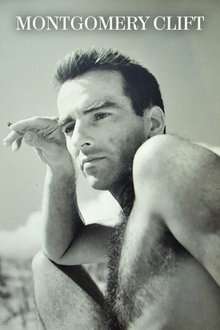
Montgomery Clift (1983)
A documentary incorporating footage of Montgomery Clift’s most memorable films; interviews with family and friends, and rare archival material stretching back to his childhood. What develops is the story of an intense young boy who yearned for stardom, achieved notable success in such classic films as From Here to Eternity and I Confess, only to be ruined by alcohol addiction and his inability to face his own fears and homosexual desires. Montgomery Clift, as this film portrays him, may not have been a happy man but he never compromised his acting talents for Hollywood.

Primary (1960)
Primary is a documentary film about the primary elections between John F. Kennedy and Hubert Humphrey in 1960. Primary is the first documentary to use light equipment in order to follow their subjects in a more intimate filmmaking style. This unconventional way of filming created a new look for documentary films where the camera’s lens was right in the middle of what ever drama was occurring. Preserved by the Academy Film Archive in partnership with The Film Foundation in 1998.
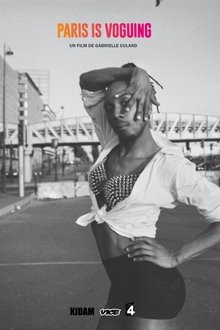
Paris Is Voguing (2016)
Born in Harlem between the '70s and' 80s, Voguing is a dance inspired by the models that appeared on Vogue magazine. At the time of its birth, young homosexuals, transgender and drag queen were Afro-American and Latino and they would confront themselves in improvised parades, to which Madonna and other popular singer-songwriters would later refer to. In the Paris of the years 2000s, Lasseindra Ninja is one of the most popular dancers, having learned in her youth all the tricks from the historic New York House of Ninja crew. Together with Stéphane Mizrahi the two initiate a new generation of drag queen and Parisian trans into Voguing.
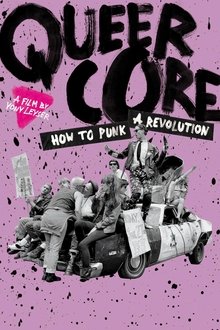
Queercore: How to Punk a Revolution (2017)
A documentary on Queercore, the cultural and social movement that began as an offshoot of punk and was distinguished by its discontent with society's disapproval of the gay, bisexual, lesbian and transgender communities.

Dionne Warwick: Don't Make Me Over (2021)
The story of the iconic singer's fascinating six-decade career in both music and Black and LGBTQ activism.
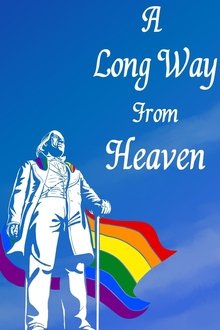
A Long Way From Heaven: The Rainbow Y Story (2024)
The true story of the students of Brigham Young University's queer underground, as they lit the school's iconic "Y" in rainbow colors. But, A Long Way From Heaven does a lot more than tell the story of the Rainbow Y. It outlines the history of queer treatment at BYU - the good (where it exists), the bad, and the very, very ugly. The film combines new, original footage with a huge variety of historical images, videos, newspaper articles, and other mixed media from every conceivable source to tell the story of BYU's queer students, and the bravery and risks they constantly take to make their voices heard.
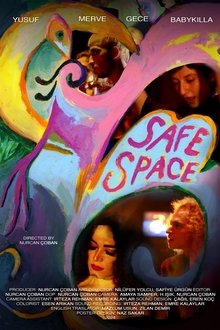
Safe Space (2024)
This documentary discusses how LGBTIQA+ people experience the streets and nightlife of Istanbul in terms of a safe space through the unique, yet common experiences of queers from different backgrounds, and focuses especially on nightlife and the issue of safe space there, which is a very critical area for queers to exist as they are.
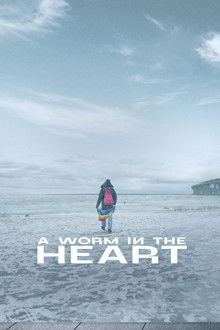
A Worm in the Heart (2020)
Shot in six cities along the Trans-Siberian Railway, this documentary details the current state of the Russian queer community - giving both broad societal overviews and deeply personal accounts from activists and non-activists alike. The film follows Paul Rice and Liam Jackson Montgomery, a gay couple from Ireland, as they travel on the Trans-Siberian Railway, meeting with a diverse range of LGBT+ people-from Nobel Peace prize nominees and drag queens to those who have suffered brutal homophobic and transphobic attacks.
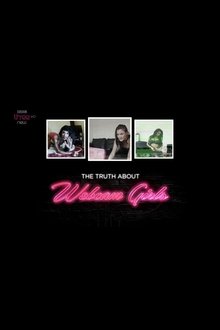
The Truth About Webcam Girls (2014)
A documentary that follows three women who perform via webcam to paying customers.
